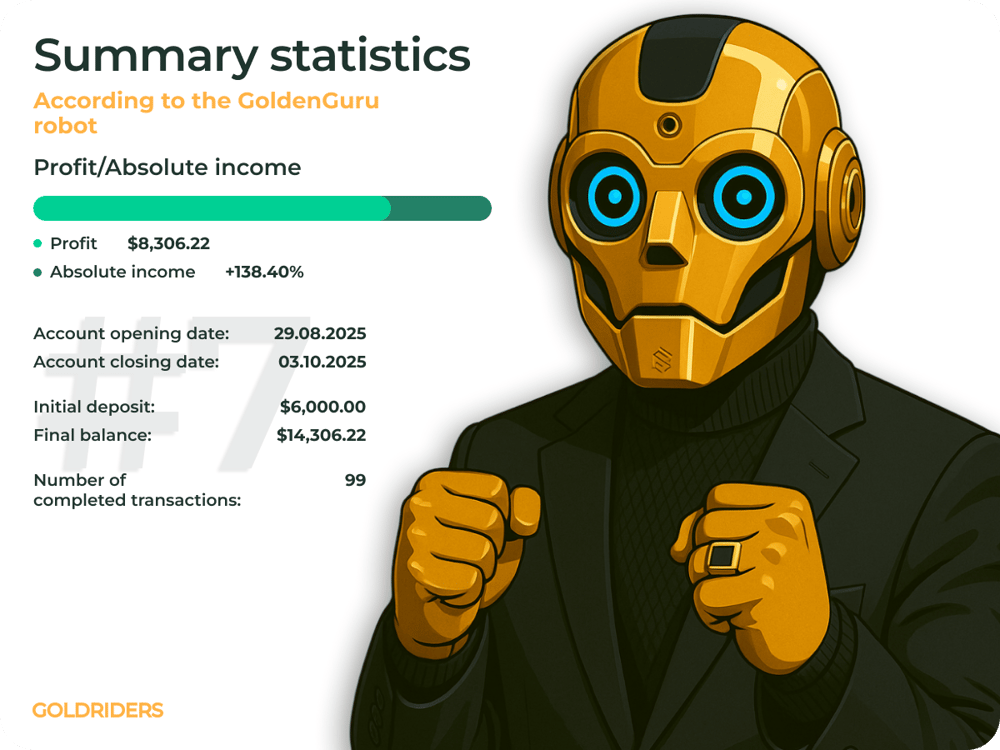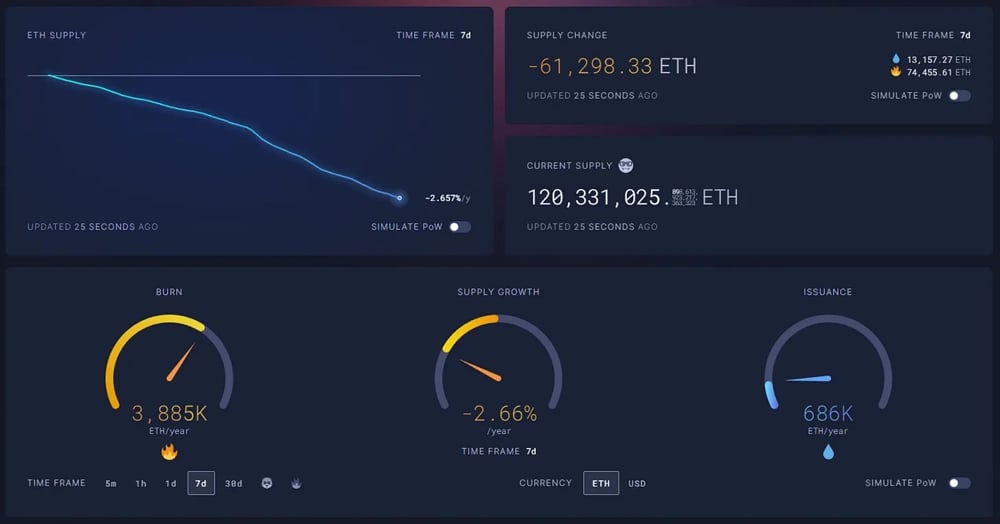Decline of Pharmaceutical Stocks in Response to Trump's Announcement

Recent statements from U.S. President Donald Trump regarding the reduction of prescription drug prices have led to significant shifts in financial markets. The decision, aimed at aligning U.S. drug prices with those in other countries, triggered a sharp response from stock markets in Europe and Asia. Pharmaceutical companies, in particular, saw substantial declines, which may have implications for their future.
Market Reaction in Europe
The pharmaceutical sector emerged as one of the most affected following news of potential price reductions. At the opening of trading, shares of the Danish manufacturer Novo Nordisk A/S $NVO dropped by 8.6%. This decline was one of the steepest among companies included in the Stoxx 600 healthcare index, which fell by 3.3%. The anticipated drop in prices for obesity medications produced by this company could have a significant impact on its financial results, raising concerns among investors.
In the European context, pharmaceutical companies are facing considerable pressure due to potential changes in the regulatory landscape. Key factors influencing the market include:
Expectations of changes in pricing policy;
Potential consequences for company profits;
Adaptation to other countries' markets.

Asian Market: Impact on Japan
Price reductions for pharmaceuticals also resonated within the Japanese market. Despite overall hopes for progress in U.S.-China trade relations, Japanese companies experienced notable losses. The Topix index showed weak performance, leading to declines in the stock prices of specific pharmaceutical firms.
Key changes in the Japanese market:
Shares of Chugai Pharmaceutical Co. $4519.T fell by 10%, marking the largest drop since February 2024;
Daiichi Sankyo Co. $4568.T lost 7.8%, hitting a daily low;
Takeda Pharmaceutical Co. $4502.T also felt market pressure, losing over 5%.
Japanese pharmaceutical companies traditionally rely on export sales and international health policies. A reduction in U.S. drug prices could create additional challenges for them, given the intense competition in the global market.

Situation Analysis
Several key factors may impact the future developments in the pharmaceutical sector:
1. Regulatory Policy in the U.S.: New decisions regarding drug pricing regulation in the U.S. will affect the entire global pharmaceutical market.
2. Trade Relations between the U.S. and China: Expectations for improving trade relations could support overall market growth; however, continued instability may lead to cascading effects in specific markets.
3. Companies’ Financial Results: The drop in stock prices is likely to have a negative impact on future earnings reports, which could lead to further fluctuations in financial markets.
The overall instability in the pharmaceutical sector, both in Europe and Asia, has become a subject of active discussion among analysts. Stock responses to news of price reductions in the U.S. indicate the market's high sensitivity to political announcements. As pharmaceutical companies continue to adapt to new conditions, ongoing vigilance from investors regarding the evolving situation in global markets is essential.














Comments